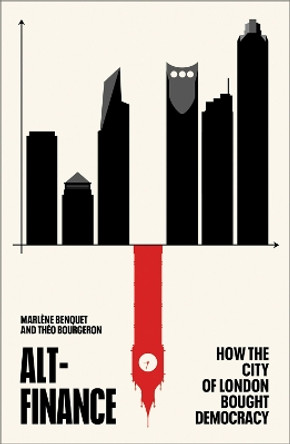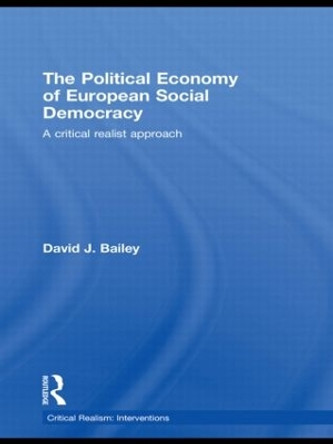The City of London and Social Democracy examines the relationship between the financial sector and the state in post-war Britain. The key argument made in Aled Davies's study is that changes to the financial sector during the 1960s and 1970s undermined the state's capacity to sustain and develop a modern industrial economy. Social democratic economic strategy was constrained by the institutionalization of investment in pension and insurance funds; the fragmentation of the nation's oligopolistic domestic banking system; the emergence of an unregulated international capital market based in London; and the breakdown of the Bretton Woods international monetary system. Novel attempts to reconfigure social democratic economic strategy in response to these changes ultimately proved unsuccessful. Meanwhile, the assumption that national prosperity could only be achieved through industrial growth was challenged by a reconceptualization of Britain as a fundamentally financial and commercial nation -- an idea that was successfully promoted by the City itself. These findings assert the need to place the Thatcher governments' subsequent neoliberal economic revolution, which saw the acceleration of deindustrialization and the triumph of the City of London as a pre-eminent international financial centre, within a broader material, institutional, and cultural context previously underappreciated by historians.
About the AuthorAled Davies completed a DPhil in History at the University of Oxford in 2014. Prior to this he received an undergraduate degree in History from the University of Exeter, and a Master's degree in Economic and Social History from the University of Oxford. He is currently employed as a post-doctoral research associate at the University of Bristol.
Book InformationISBN 9780198804116
Author Aled DaviesFormat Hardback
Page Count 272
Imprint Oxford University PressPublisher Oxford University Press
Weight(grams) 422g
Dimensions(mm) 223mm * 156mm * 21mm








